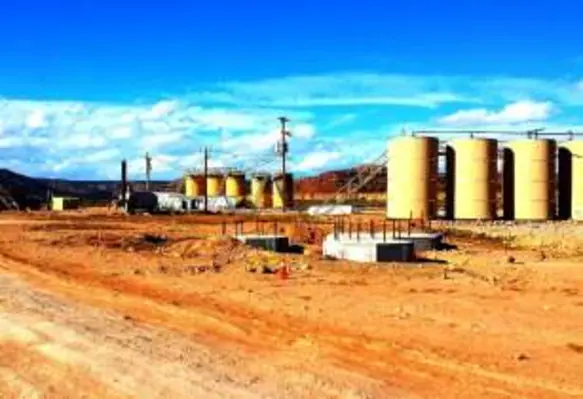Iraq, OPEC’s second-largest producer, has approached PetroChina and ExxonMobil to invest in a multi-billion-dollar project to boost output from its smaller southern oilfields, a senior Iraqi oil official said
The Integrated South Project consists of building oil pipelines, storage facilities and a seawater supply project to inject water from the Gulf to maintain pressure and enhance oil recovery.
State-run South Oil Company (SOC) is seeking investment from either or both of the companies to build infrastructure needed to raise output at fields it operates, SOC deputy chairman Basim Abdul Kareem told Reuters.
A sharp fall in crude oil prices since mid-2014 has hurt Baghdad’s ability to fund oilfield development and foreign investments are needed, he added.
The enhanced recovery project targets the Luhais, Nassiriya, Tuba, Nahr Bin Umar and Artawi oilfields. They are producing about 240,000 bpd currently and SOC’s initial plan calls for raising that to about 350,000 bpd in 2016.
The seawater project will also be used to overcome declining production rates at larger fields such as West Qurna, Majnoon, Zubair and Rumaila that are operated by oil majors such as BP, Shell, ENI and Lukoil.
“Due to the current financial crisis caused by the falling oil prices, we established the Integrated South Project to attract financiers and investors to help us increase our production and complete these vital energy projects,” Kareem noted, adding that the company was still discussing technical aspects of the project, which would be followed by studying financial and contractual issues.
The contract model will be discussed with the companies and the Oil Ministry in Baghdad after the technical talks.
However, he revealed that there would be no service contract where the companies would get a fixed dollar fee per barrel.
“We prefer a contract that could be profitable for all parties even under low oil prices,” he added, declining to say whether production-sharing contracts would be considered.
Companies generally favour production-sharing deals where they recoup their investment with oil produced, as this model allows them to book their share in the oilfield on their balance sheets, increasing their assets.
Oil sales generate 95 per cent of Iraq’s revenue and a price fall to less than US$40 per barrel from US$115 in mid-2014 has hit hard.








